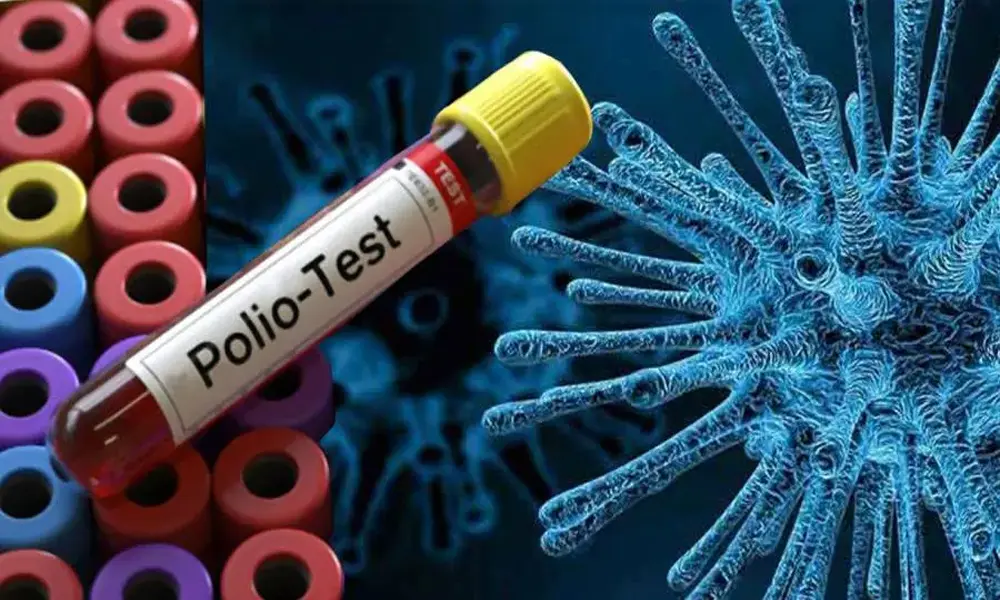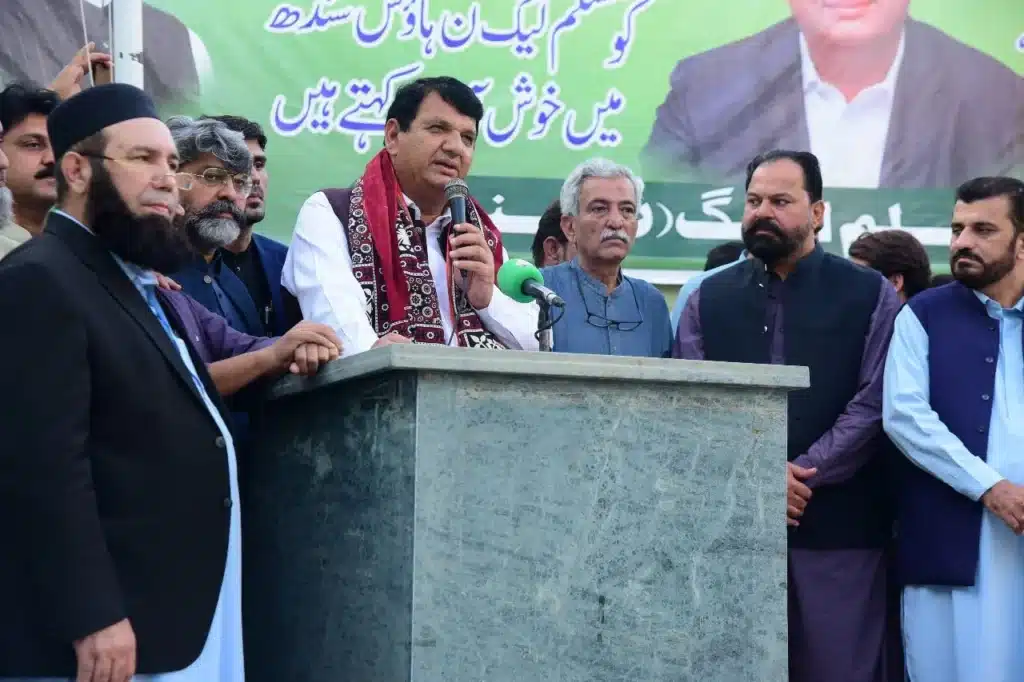ISLAMABAD: The Regional Reference Laboratory for Polio Eradication at the National Institute of Health (NIH) has confirmed the detection of wild poliovirus type 1 (WPV1) in s from 12 cities across Pakistan. Between Feb. 17 and Feb. 26, 15 environmental samples were collected from 14 districts and tested at the NIH lab.
Samples from Multan, Bahawalpur, Lahore, D.G. Khan, Kasur, Dera Bugti, Lasbela, Quetta, Sibi, South Waziristan Lower, Charsadda, and Swabi tested positive for WPV1. However, samples from Khyber Pakhtunkhwa districts, including D.I. Khan, South Waziristan Lower, and North Waziristan, tested negative.
Pakistan’s polio surveillance system, described as one of the world’s most sensitive, has expanded its environmental monitoring sites from 65 in 2021 to 127 in 2025. The program’s efficiency in detecting poliovirus in sewage and cases ensures no transmission goes unnoticed, even in remote areas.
Also read: Polio Virus Detected in 3 districts
A rigorous vaccination schedule is being implemented to protect children from paralytic polio and interrupt virus transmission. High-quality campaigns since September 2024 have led to a decline in polio cases nationwide. In February, a nationwide campaign vaccinated over 45 million children, with additional fIPV-OPV campaigns in Karachi and Quetta. The second phase of the fIPV-OPV campaign is ongoing in Karachi until March 16, covering 59 union councils.
A targeted vaccination drive in 104 union councils bordering Afghanistan or hosting Afghan refugees was conducted in late February, reaching over 670,000 children to mitigate cross-border and internal virus transmission risks. The next nationwide campaign is scheduled for April 21-27, aiming to vaccinate 45.4 million children under five.
The Polio Programme urged parents to ensure their children are vaccinated at every opportunity to protect them from the disease.





